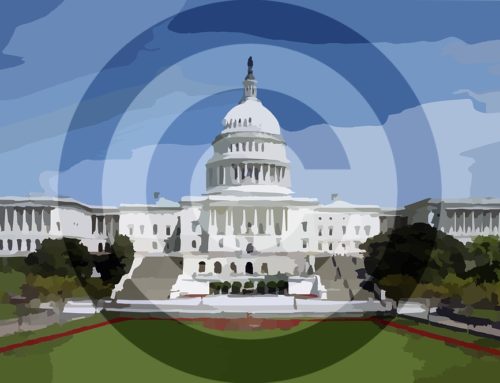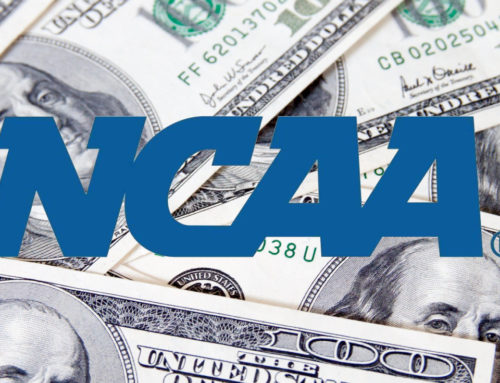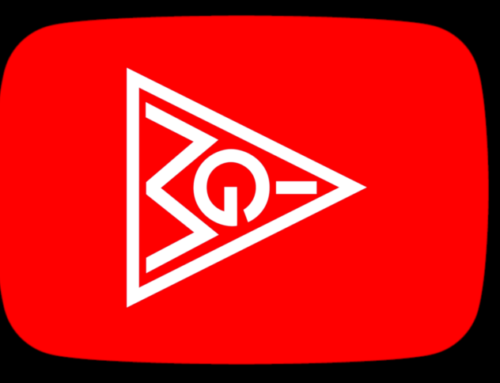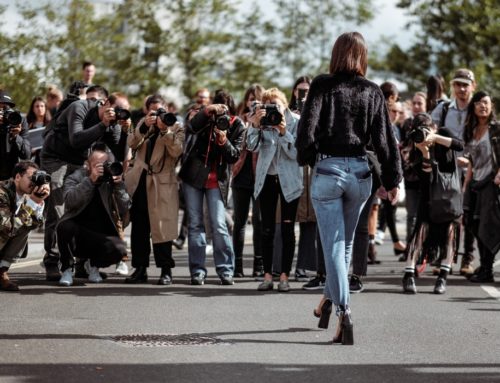A little while ago, franchise player for the New Orleans Pelicans Anthony Davis shook the foundation of the National Basketball Association (NBA) by publicly requesting a trade through his agent Rich Paul. It was made well known that his top destination would be the Los Angles Lakers, to team up with LeBron James in an attempt to create a super team that would ultimately compete for an NBA title.
After making the public announcement through his agent, Anthony Davis was fined $50,000 by the NBA “for violating a collectively bargained rule prohibiting players or their representative from making public trade demands.”
The spotlight of this issue has been primarily around the suspected activities of Lakers President Magic Johnson, General Manager Rob Pelinka, Lebron James, and agent Rich Paul. Together, they have been suspected of working in tandem to recruit Anthony Davis to the Lakers. The question many are asking is whether such an arrangement would amount to collusion? The brief answer is no.
The Lakers’ attempt to recruit Anthony Davis does not amount to collusion
On January 31st, Charles Barkley said “I don’t like what the Lakers are doing. It’s collusion!” The question is whether what the Lakers are doing amounts to collusion in the context of the NBA.
A common understanding of the word collusion may lead the average person to believe that all of the closely related actors of the Lakers working together, or perhaps even with Davis, would amount to collusion. However, the general legal understanding is that definitions need to be understood within the context of their application.
The definition of collusion in the context of the NBA can be found in Article XIV of the NBA Collective Bargaining Agreement’s Anti-Collusion Provisions. It reads:
“…no NBA Team, its employees or agents, will enter into any contracts, combinations or conspiracies, express or implied, with the NBA or any other NBA Team, their employees or agents: (a) to negotiate or not to negotiate with any Veteran or Rookie; (b) to submit or not to submit an Offer Sheet to any Restricted Free Agent; (c) to offer or not to offer a Player Contract to any Free Agent; (d) to exercise or not to exercise a Right of First Refusal; or (e) concerning the terms or conditions of employment offered to any Veteran or Rookie.”
The anti-collusion clause effectively prevents two or more NBA teams conspiring in a way that may economically harm players. As an example, two NBA teams may not conspire together and agree not to offer a particular player a contract.
Using the definition offered by the collective bargaining agreement, it seems unlikely that Johnson, James and Paul working in tandem to bring Anthony Davis to the Lakers would amount to collusion even within the context of the NBA. This is because two or more teams aren’t involved in the collusion. Rich Paul is an agent and is not a part of any organization. James and Johnson are both part of the Lakers franchise and therefore they would be the only team involved. Thus, since there is only one team involved, these activities could not amount to collusion in the NBA context.
However, if, say Danny Ainge (GM of the Boston Celtics) and Gregg Popovich (coach of the San Antonio Spurs), decided that they would call the Pelicans and attempt to prevent them from selling Anthony Davis to the Lakers, this might amount to collusion. However, if they each individually decided that they would advise against trading him, this would not amount to collusion. Collusion in effect requires at least two teams working in tandem.
The Lakers and Lebron are more likely to be found guilty of tampering than they would be collusion
It is likely that Barkley’s understanding of the term collusion was confused with the offence of tampering. The relevant legal provisions for tampering can be found the NBA’s constitution at Articles 35 and 35A. Tampering is where an owner, general manager, scout, coach, referee, or player attempts to influence a coach, trainer, general manger, player or anyone else that is a contractual member of the organization to join their team. Any conduct that directly or indirectly attempts to “entice, induce or persuade” can be viewed as a prohibited “attempt” to tamper.
As a matter of practical application, the NBA understands that a literal application of the rule would be almost impossible to police, particularly regarding the application to players. Players frequently talk to each other and discuss their dreams of playing together. Theoretically, players could be penalized for openly recruiting other players. Historically, however, that has not happened.
Regardless of the difficulties with policing the rules, the NBA nonetheless released a memo in December 2018 reminding the league of the importance of the anti-tampering rule. In the memo, the league reportedly reminded teams that “any actions or comments relating to potential player movement receive immediate and widespread public attention.”
There have been instances where the NBA has administered fines under the anti-tampering rule, such as:
- Magic Johnson for publicly praising Milwaukee Bucks star Giannis Antetokounmpo;
- The Los Angeles Lakers for “prohibited expression of interest” while player Paul George was still under contract;
- Michael Malone’s comments on how he believes Chris Paul “would look pretty good in a Sacramento Kings uniform”;
- The Atlanta Hawks for sending an email to season ticket holders indicating their interest in signing certain free agents over the summer.
Currently, there is an investigation into the potential conspiracy to lure Anthony Davis to the Lakers (especially considering Rich Paul is LeBron’s agent). It will be at the discretion of the current commissioner to determine whether tampering has occurred in the case of Anthony Davis. It is important to note that the tampering need not be successful. An “attempt” would be sufficient to warrant action from the league. If it is determined by Adam Silver, the league’s commissioner, that LeBron attempted to persuade Anthony Davis to move to the Lakers, LeBron would become the first player to be fined for breaching this rule.
Anthony Davis attempted to take his future in his own hands
Anthony Davis’s announcement has been met with mixed reaction around the league. There have been retired players (such as Kobe Bryant) that have said he should have every right to request a trade. Others felt that his announcement created unfair advantage for certain teams to procure his services.
Players are frequently treated as assets to be traded, and in many cases are never directly informed that they are no longer a part of the franchise. Timing is everything. Anthony Davis knows he would be an asset to any organization. The Pelicans are fortunate they will be able to receive some pieces for trading him. Both Davis and the Pelicans will be careful about how many minutes he will play, as any injury would reduce his value in the upcoming summer. In a league and in a sport that could be so unforgiving and where the future of a player can be so uncertain, Anthony Davis is attempting what few others in the NBA can: he is taking his destiny into his own hands.




